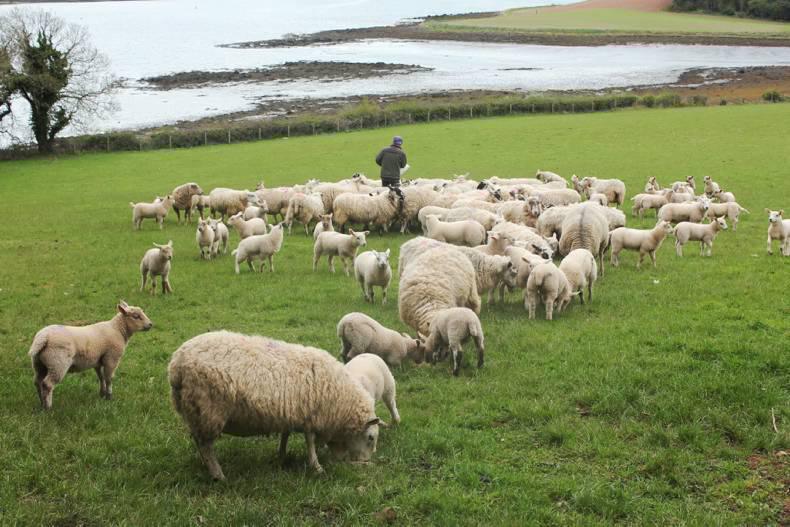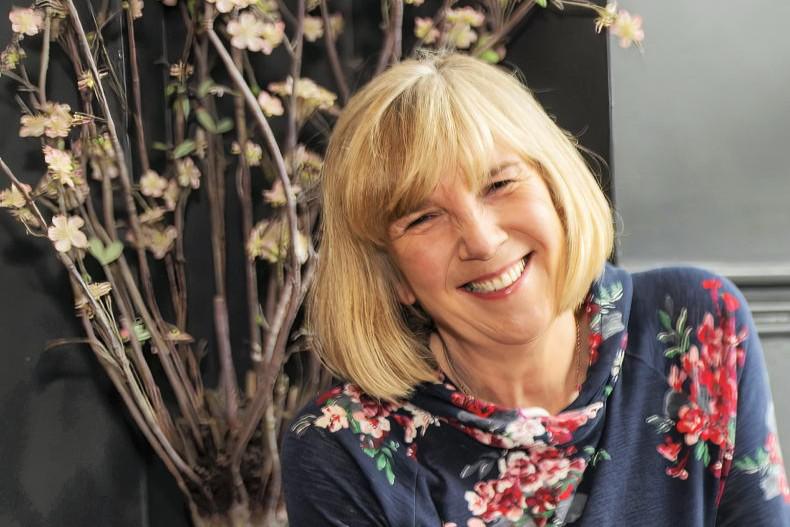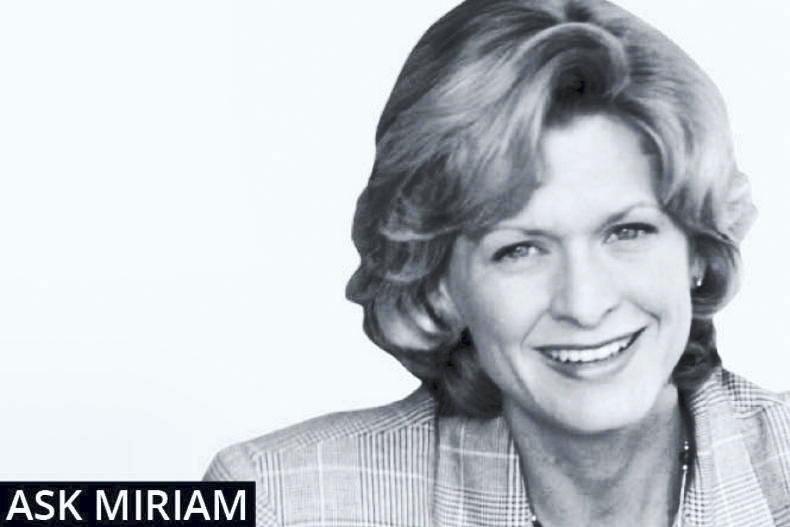There’s no doubt that the big issue of 2017 has been Brexit, and it looks inevitable it will again be the main focus for politics in 2018.
To get through phase one of the talks has required some compromise on both sides, particularly from the British government. In recent weeks, that has included around the Irish border, with the commitment that, if everything else fails, the UK will maintain full regulatory alignment with the EU single market and customs union post-Brexit.
Just what that actually means in practice is yet to be known, but it does provide some comfort for the NI agri-food industry, and especially our sheep sector.
Throughout the most recent negotiations, the Irish government played their hand well. While they are right to insist on no hard border in Ireland, ultimately they also want continued free access to the UK market after Brexit.
However, the DUP was also right, from an agri-food perspective, to insist that there is no border in the Irish Sea post-Brexit. With 50% of everything we produce sold in Britain, regulatory divergence between NI and Britain post-Brexit is potentially very damaging.
So next up are the crucial trade talks. This will not be a simple process, and it is imperative that the British government quickly decides what it actually wants from a new trading relationship.
The simple solution to everything is that the UK remains in the EU single market and/or the customs union for the long term. But that does not look to be politically saleable for the Theresa May-led government, keen to do trade deals with whoever it wants post-Brexit.
While all these deals might benefit big business, it is hard to see where the great openings are for agri food.
The simple fact is that the British government has consistently failed to make the most of the opportunities that currently exist – you only need to look south of the Irish border for an example of how to market and sell food around the world while still part of the EU.









SHARING OPTIONS